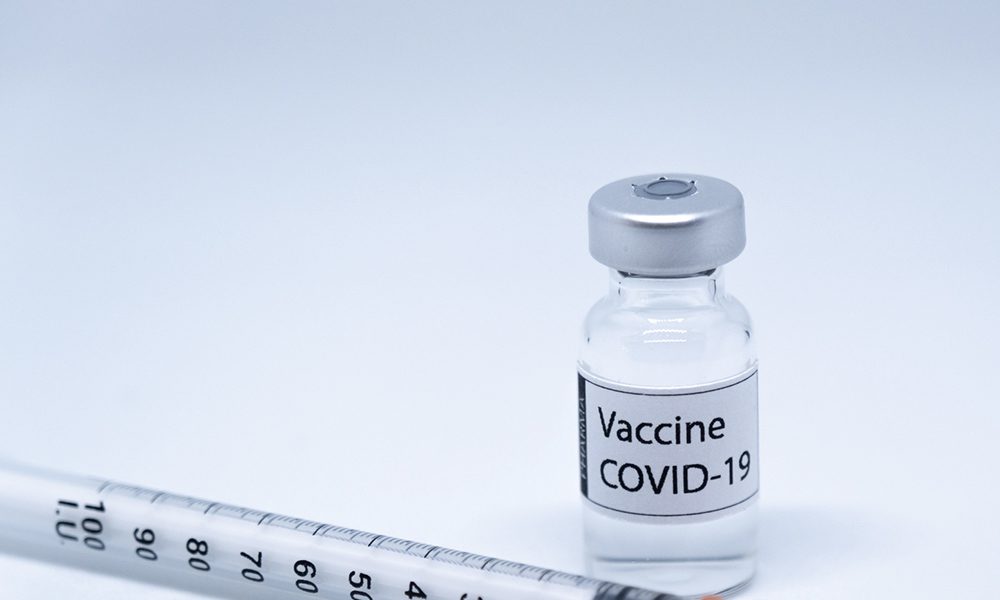
As we begin 2021, we are more than a year into the Coronavirus and it is showing no signs of letting up. OSHA continues to get complaints regarding employers and their lack of prevention efforts. Inspections and enforcement continue with much focus on COVID-19 exposures.
A majority of the citations centered around the Coronavirus relate to recordkeeping/reporting and personal protective equipment (PPE). Currently, the maximum fine OSHA can assign is $13,494, which they have done with many employers (this is likely to increase for 2021 but has not been published yet). By the end of 2020, OSHA had assessed over $3.8 million in fines for Coronavirus violations. Most employers that received the maximum fine were due to violations of 29 CFR 1910.134 Respiratory Protection Standard. However, lack of reporting work-related fatalities, 29 CFR 1904.39(a)(1) carried high penalties, as well.
Here is a link to the Establishments that have been inspected for Coronavirus violations: https://www.osha.gov/enforcement/covid-19-data/inspections-covid-related-citations
If you require your employees to wear respirators, there are many things you need to have in place which makes it an easy target for violations during an OSHA inspection. The primary components that employers fall short on are:
- The correct respirator for the hazard
- The respirator is NIOSH certified
- Medical evaluations for respirators that place a physical burden on the employee
- A written program including selection, medical evaluations, fit testing, training, maintenance, proper donning/doffing, respirator limitations, etc.
- Initial and annual fit testing
- Training
- Documentation of Medical Evaluations and Fit Testing
There are many things to maintain and do for an employer to be in compliance. Individuals can personally purchase and use a respirator in their home without any requirements. But, as an employer, (Construction or General Industry) you are responsible for all the applicable requirements outlined in CFR 29 1910.134.
Another standard that applies to the Coronavirus is the General Duty Clause. This Section of the Occupational Safety and Health Act requires employers to furnish each worker “employment and a place of employment, which are free from recognized hazards that are causing or likely to cause death or serious physical harm.” Most employers are doing this through various efforts. For instance, providing personal protective equipment, requiring face masks, erecting barriers, touchless soap dispensers, wellness checks, offering remote work, encouraging staying home if sick, posting reminders of handwashing, social distance, etc.
Now that vaccines are becoming available, is requiring the vaccine another safeguard for the workplace? It can be but do you want to require the vaccine? On December 16th, 2020, the US Equal Employment Opportunity Commission (EEOC) added guidance and FAQ’s in Section K of its Coronavirus “What You Should Know” page regarding vaccinations with respect to employers and the applicability of various EEO laws.
Here is a link to EEOC’s “What You Should Know” webpage:
https://www.eeoc.gov/wysk/what-you-should-know-about-covid-19-and-ada-rehabilitation-act-and-other-eeo-laws
In a nutshell, employers can require employees to get vaccinated. This policy must be in compliance with ADA, Title VII of Civil Rights and other applicable workplace laws. Keep in mind, pre-screening questions may implicate the ADA’s provision on disability-related questions if they are likely to elicit information about a disability.
If the employer administers the vaccine, it must show that such pre-screening questions are job-related and consistent with business necessity. However, if the employee receives an employer-required vaccination from a third party that does not have a contract with the employer, such as a pharmacy or other healthcare provider, the ADA “job-related and consistent with business necessity” restrictions on disability inquiries would not apply.
Mandatory vaccination can pose many challenges for employers. What if an individual refuses or half the workforce refuses? Employers should evaluate the risk that objection poses. Are they a “direct threat” to the health and safety of individuals in the workplace? Employers need to refer to their legal counsel, the EEOC, ADA and Title VII requirements to legally navigate any adverse response to such a refusal.
Rather than implementing mandatory vaccinations, employers can take steps to encourage and/or incentivize employees. This can be through:
- Vaccination education campaigns
- Making the vaccine accessible to employees
- Cover associated costs to getting the vaccine
- Incentives like rewarding with a vacation day, gift card, etc.
- PTO for employees to get the vaccine and recover from potential side effects
Employers’ and establishments’ obligations regarding COVID-19 change every day. We can only anticipate more amendments to come with the change in the White House Administration. Stay tuned!
We appreciate working with many of you as your trusted partner. Please reach out as needs or questions arise. We are here for you.
Learn more about our risk management services.
